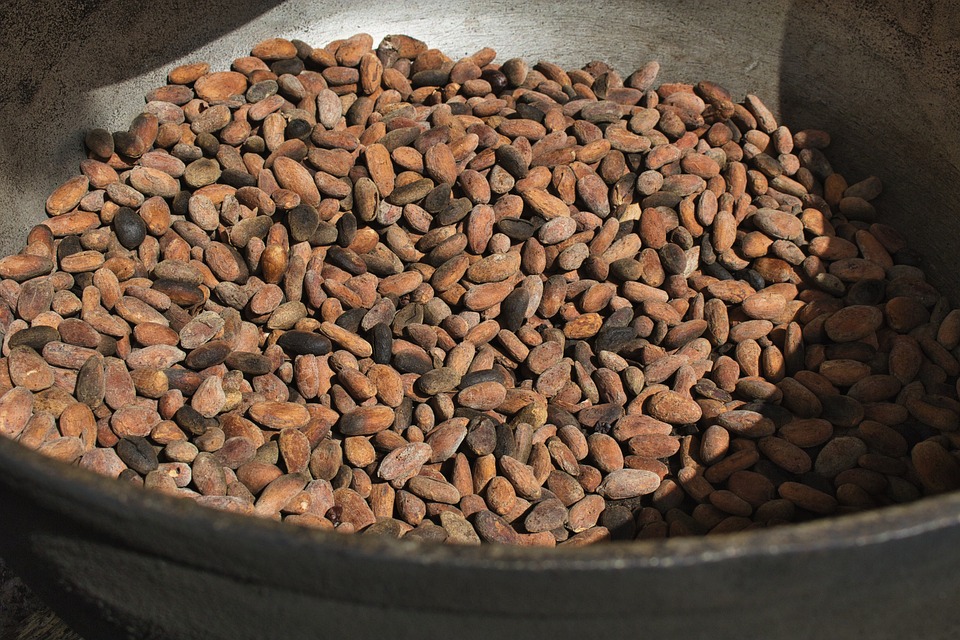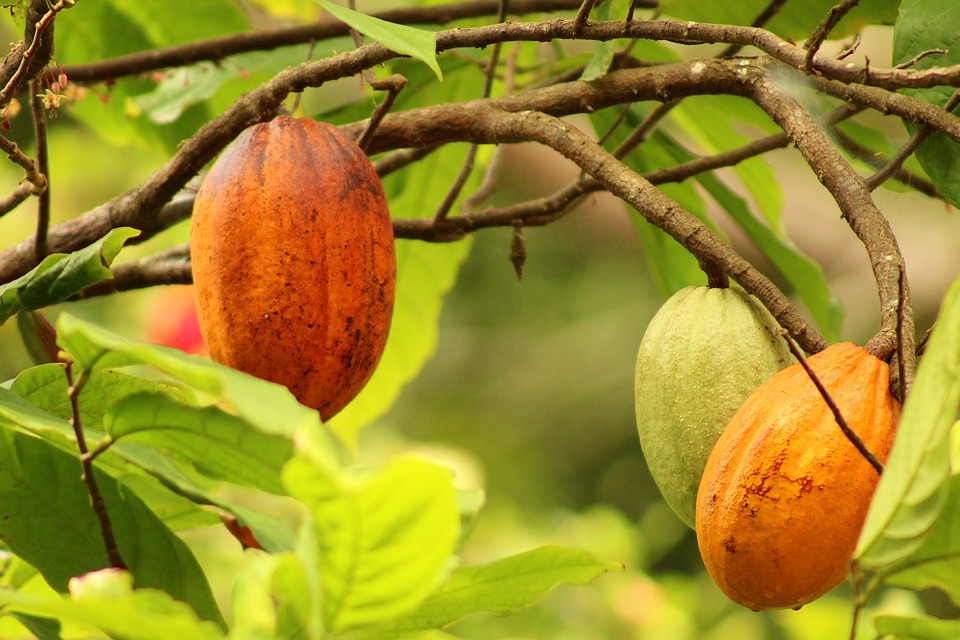The ongoing El Niño event, expected to persist through early 2024, poses severe risks to global cocoa production, a key commodity vulnerable to climate fluctuations. The latest El Niño-Southern Oscillation Outlook predicts a 71% chance of intensification between November and January, threatening cocoa crops with extreme weather conditions.
El Niño disrupts weather patterns, causing hotter temperatures and unpredictable rainfall, which can stunt cocoa pod development and foster pest and disease outbreaks.
This environmental stress is particularly detrimental to West Africa, the world’s primary cocoa-producing region, where El Niño often brings drier conditions.
Jonathan Haines from Gro Intelligence highlighted that three-quarters of the world’s cocoa comes from this region, which is increasingly facing climate-induced challenges.

The economic repercussions are significant. Cocoa production, which relies heavily on stable climates, could see a reduction in arable land, affecting food security and the livelihoods of farmers.
West Africa’s Cote d’Ivoire and Ghana, the top global producers, are particularly vulnerable. In Indonesia, another major producer, climate change is already halving productivity and causing substantial economic losses.
Rising cocoa prices reflect the growing supply challenges. As of August, futures prices soared to levels not seen in 50 years, with London prices reaching $3,730 per tonne and New York at $3,633 per tonne—a stark contrast to last year’s figures.
To mitigate these impacts, significant investments in climate adaptation and mitigation are crucial. Kerry Daroci of the Rainforest Alliance emphasizes the need for substantial funding—up to $8.1 trillion by 2050—to support cocoa farmers in adjusting to these climatic shifts.
Adaptation measures, including relocating cultivation to higher altitudes, are becoming necessary as farmers grapple with these escalating challenges.
The growing crisis underscores the urgent need for global support to sustain cocoa production and protect the livelihoods of millions dependent on this vital crop.

